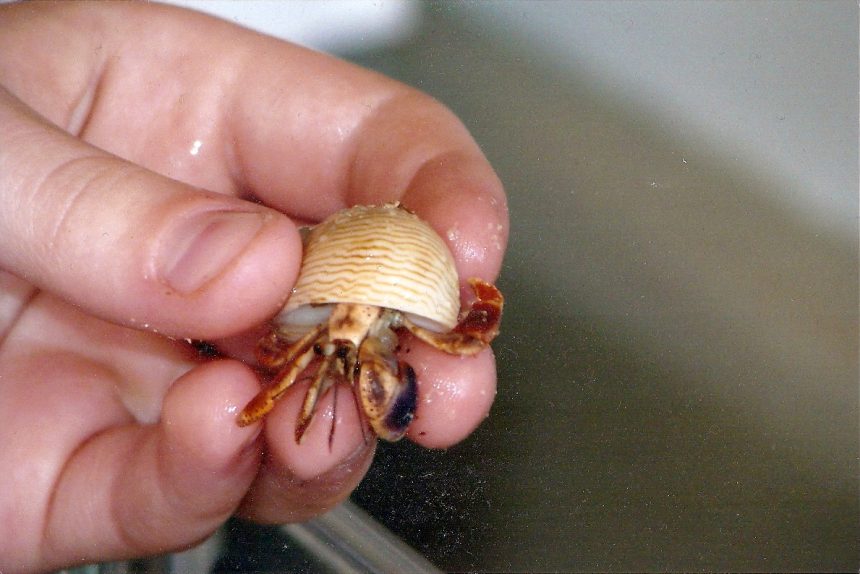In a striking case of wildlife smuggling, Japanese authorities have arrested three Chinese nationals after discovering thousands of protected hermit crabs concealed in their luggage. The arrests occurred in Amami City, located on Japan’s southwestern subtropical island of Amami Ōshima, following a tip-off from vigilant hotel staff.
Suspicious Suitcases Lead to Shocking Discovery
The incident unfolded when hotel employees noticed unusual rustling noises emanating from six suitcases left in their care. Upon inspection, authorities found approximately 160 kilograms of land hermit crabs, a species designated as a “national natural monument” in Japan due to its cultural and scientific significance. The crabs were packed tightly into the suitcases, indicating a deliberate attempt to smuggle them out of the country.
High Demand Fuels Illegal Trade
The protected hermit crabs are highly sought after in China, where they are popular as pets. Each crab can fetch up to 20,000 yen (approximately $137), making them a lucrative target for wildlife traffickers. Authorities suspect that the three men intended to sell the crabs illegally, capitalizing on the high demand.
Legal Implications and Conservation Concerns
Possessing or exporting designated natural monuments without proper authorization is a serious offense under Japanese law. The arrest of the three individuals underscores the challenges faced by conservationists in protecting vulnerable species from illegal exploitation. The case also highlights the importance of public awareness and vigilance in combating wildlife trafficking.
Ongoing Investigation
Japanese police are continuing their investigation to determine the full extent of the smuggling operation and whether others may be involved. The incident serves as a stark reminder of the ongoing threats to biodiversity posed by illegal wildlife trade and the need for robust enforcement measures to safeguard endangered species.











